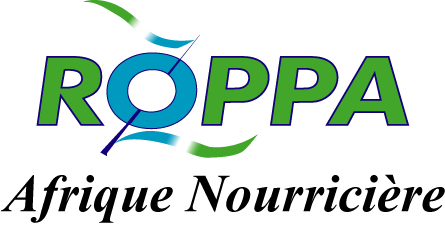
Our Projects
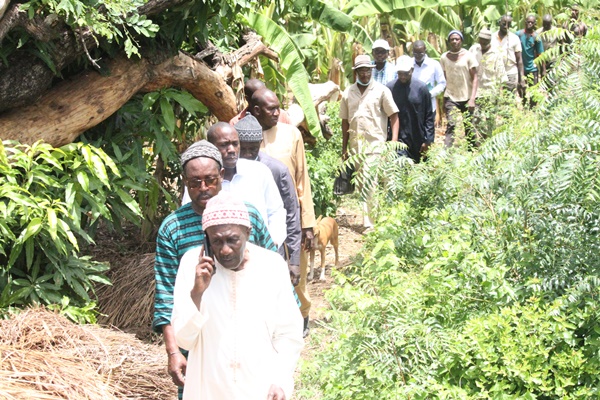
Several farmer organizations or PO federations are involved in supporting RUs and in the production of local services. Four of these organizations (AOPP / CNOP-Mali, …
Agro-ecological evolution of agricultural production systems and adaptation to climate change
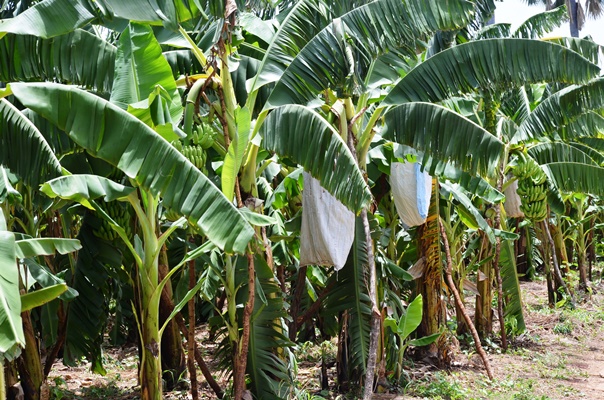
West African agricultural production systems (APS) are very diverse. This diversity responds to the diversity of natural environments, particularly to the variation in climates…
Promotion of economic activities carried out by women or young people within, downstream or alongside family farms
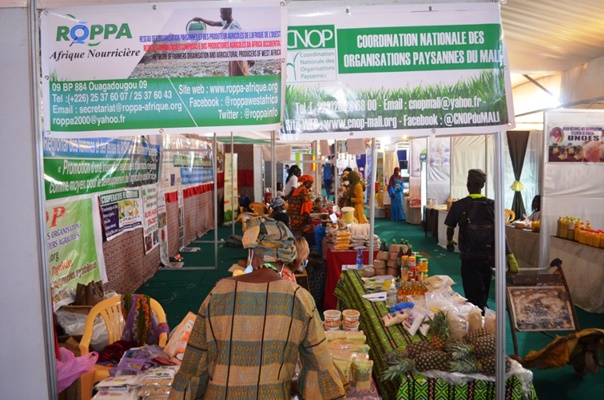
The family nature of the farm does not guarantee all family members to have a recognized and respected place and to be able to emancipate themselves. This is too…
The organization of sectors and inter-professions, the equitable sharing of value within agrifood chains
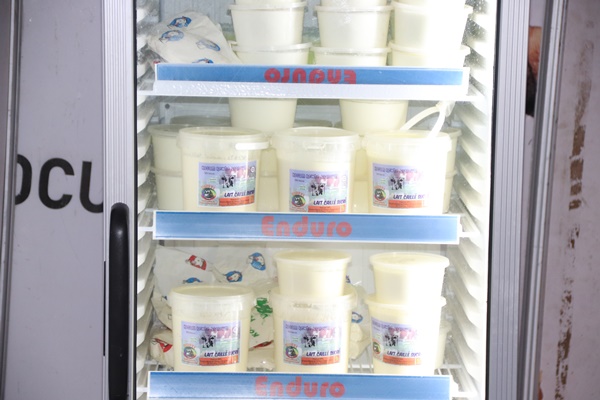
ROPPA is already supporting POs engaged in a number of sectors organized or under construction at the regional level, such as the rice, livestock and fishing sectors…
Local and national consumption of West African family farming products
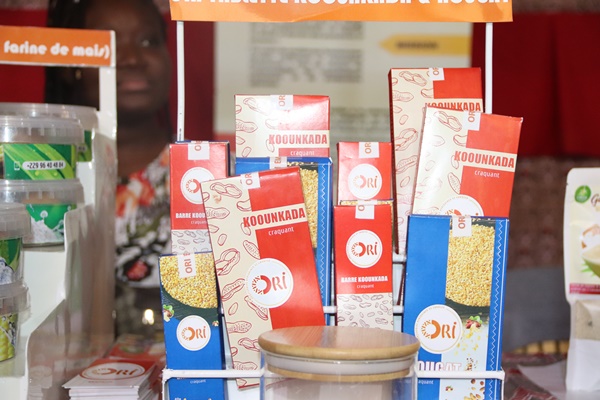
ROPPA said the importance it attached to this issue in the Tenkodogo Declaration: “In West Africa, family farmers, consumers, and public authorities, the same fight for food…
